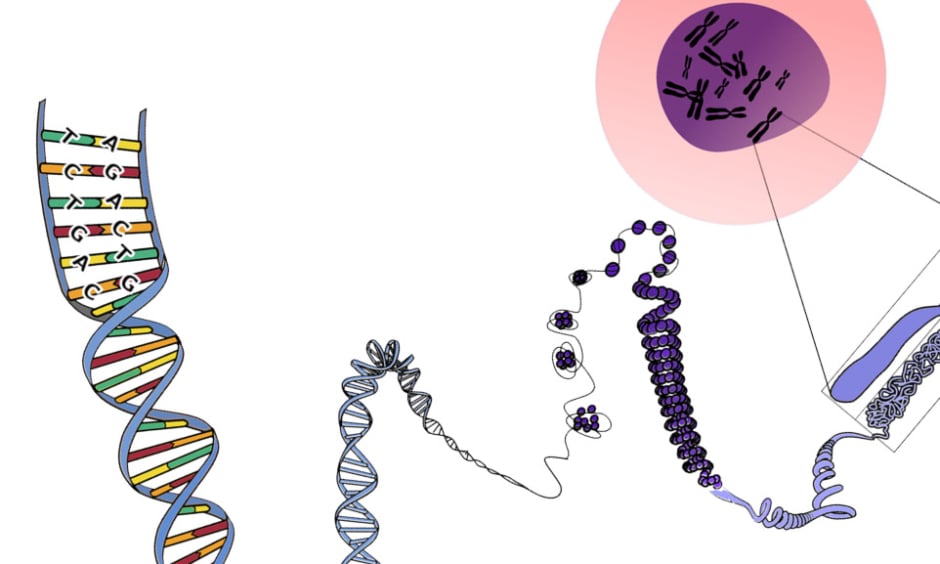DRIVER mutations that cause cancers to spread are common to all metastases in a single patient, a study from Stanford University, California, USA has suggested. The research could enhance understanding of how cancer develops and ultimately improve success rates of targeted cancer therapies.
Driver Gene Mutations
Metastatic tumours cause most cancer-related deaths and are more difficult to treat than the original primary tumour. Although tumours contain many genetic mutations, only a small proportion of gene alterations are believed to significantly contribute to cancer development. “Doctors might take a sample of the primary tumour and find some mutation, call it mutation X, in a driver gene and then treat it with a drug that targets that driver gene to specifically kill all cells that have mutation X,” explained Dr Johannes Reiter, Stanford University. “But what if that particular mutation is only present in some of the metastases of the patient? So that’s why it’s very important for us to know whether or not the driver gene mutations are the same across all metastases of the patient.”
DNA samples from 76 untreated metastases from 20 patients with 8 different forms of cancer were analysed in the study, allowing for a minimum of two distinct metastases to be sampled per person. The team were then able to identify the mutations that were present in the known driver genes before investigating if they were a common feature of all the sampled metastases of an individual patient. They discovered that there was major variation in the numbers of driver gene mutations present in all the metastases of a single person: in some cancers there were only 2, but in others there were as many as 18.
Spread of Cancer
By comparing this new information against mutational data of over 25,000 previously sequenced cancers contained in large databases, the driver gene mutations common to all metastases in an individual patient were observed to also be frequently mutated in those previously sequenced cancers. This indicates that these mutations play a particularly crucial role in the spread of cancer. In addition, those gene mutations that were not seen across all metastases of a patient’s cancer were predicted to not be critically involved in cancer development. It is hoped that these findings will enhance the abilities of clinicians to understand and interpret tumour biopsies.
The authors added that the next stage will be to see whether these findings are replicated in larger-scale studies covering different types of cancer.
James Coker, Reporter
For the source and further information about the study, click here.








